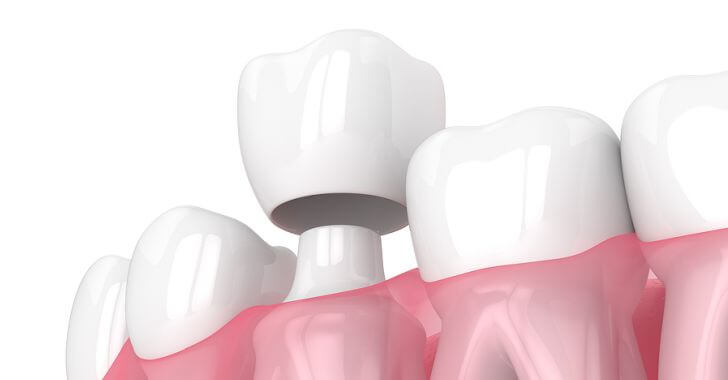My Root Canal Tooth Hurts with Pressure Months Later

Root canal therapy is performed to remove infected or diseased pulp from inside the tooth, along with the nerve roots. This should stop tooth pain as the nerves are removed, but that is not always the case. If a root canal tooth hurts with pressure months later, it may be a root canal failure or other issues.
Root canals are used to save infected teeth that would need to be removed without treatment. When bacteria enter the inside of the tooth, they can cause inflammation or abscesses that press on the nerves. Most tooth pain is stopped once the root canal is performed, and nerves are removed.
When a root canal tooth hurts with pressure months later or even years afterward, it is not the actual tooth that is sending pain signals. Once the nerves are removed, the interior of the tooth cannot send signals of pain to the brain. But other tissues around the tooth can.
Causes of Post-Root Canal Tooth Pain
It is normal for a tooth to be sore after a root canal, but that should dissipate quickly in the following days. If you have tooth pain a week or more after a root canal procedure, it could be a sign of a failed root canal or other complications. This can include:
- Infection was not completely removed from the interior of the tooth
- The tooth was overfilled or packed after the procedure
- The crown is leaking, allowing bacteria under the crown
- Too much pressure on the tooth
- Sinus infections or other upper respiratory inflammation
While the tooth does not have nerves, the ligaments that are attached to the roots of the teeth still do. If there is an infection or excess pressure on the tooth, it can result in ligament inflammation. This can result in tooth pain, especially when pressure is placed on the tooth.
Symptoms of Root Canal Failure
Many root canals start off successfully but fail down the road due to complications. If the infection returns or is not completely removed, it is considered a failed root canal. Symptoms of a failed root canal can include the following:
- Lump or swelling near the tooth
- Sensitivity to hot or cold
- Pain
- Discharge or pus
- Sinus pain or pressure
- Discoloration
Root canal failure requires that the procedure is repeated. The filling inside the tooth’s roots is removed, and the tooth’s interior is disinfected. Repairs are made if necessary, and the tooth is re-packed with sterilized material. If the crown was leaking, a new crown may be needed.
Other Causes of Root Canal Tooth Pain
It is possible that your root canal tooth can be sore without a repeated infection. If the pain is caused by inflammation of the ligaments, the root canal may not be the problem. Too much pressure on the tooth could aggravate the ligaments and cause tooth pain. This could be caused by:
- Poorly fitted dental crown. If the crown does not align correctly with the tooth above or below, you may have excess pressure when biting. This can aggravate the ligaments in the tooth, resulting in pain.
- Bruxism or clenching. Grinding your teeth at night (bruxism) or jaw clenching can put too much pressure on the tooth, resulting in ligament inflammation.
- Sinus problems. Sinus infections and other sinus problems can mimic upper molar pain. If the painful tooth is a back upper molar, you should be checked for sinus issues. Sinusitis, rhinitis, and other sinus inflammation can have referred tooth pain.
If the tooth ligaments are inflamed, but the root canal was successful, you may need a crown adjustment or treatment for bruxism. Your dentist can examine the tooth and surrounding tissues and determine what treatment is required in order to stop the inflammation and reduce tooth pain.
When to Visit Your Dentist for Root Canal Tooth Pain
Root canal therapy should stop tooth pain, not cause more. If a root canal tooth hurts a week or more after the procedure, it is time to call your dental care provider. Do not wait for months to find out why your tooth is causing you pain, as it may be a serious condition.
In most cases, even failed root canals can be fixed, and the tooth pain is relieved. Patients may need to ensure another root canal or replace their dental crown if there are complications. A tooth rarely needs to be extracted due to root canal failure, especially if treated quickly.

If you experience root canal tooth pain, it is not normal. It is likely inflammation of a tooth ligament that is causing the pain, but you should have your tooth examined by a https://www.findlocal-dentists.com/dentist for a diagnosis. If you have symptoms of root canal failure, call your dentist immediately to schedule an exam.
The information provided on this website, including text, graphics, images, and other materials, is intended solely for informational purposes and should not be used as a substitute for professional medical advice, diagnosis, or treatment.




)